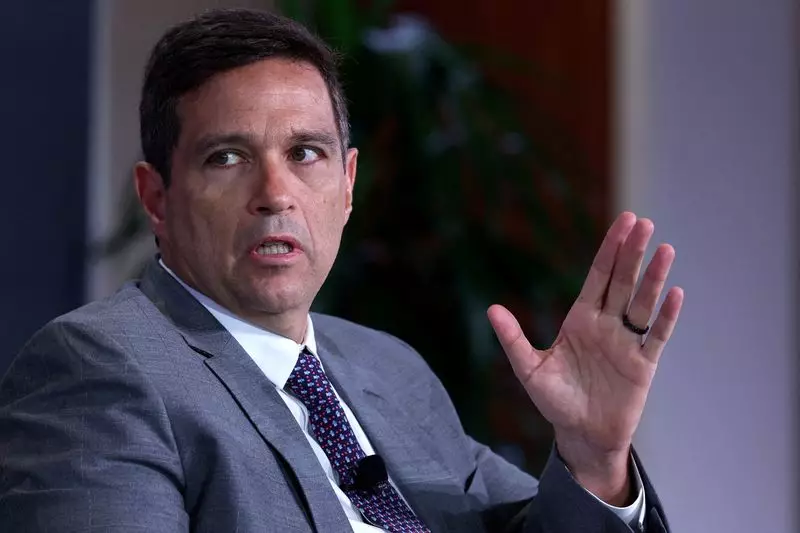Brazil’s central bank chief, Roberto Campos Neto, highlighted that recent market volatility may indicate a diminishing space for fiscal and monetary intervention in the future. This observation suggests that the market is adjusting its expectations and pricing in a scenario where policy tools will have limited effectiveness.
Campos Neto also pointed out the potential repercussions of China’s economic deceleration on Brazil. He noted that a slowdown in China could lead to a terms of trade shock or lower import prices for Chinese goods, affecting Brazil’s economy. However, the extent of the impact would depend on the severity of the deceleration in China.
During the annual economic conference in Jackson Hole, Campos Neto emphasized the interconnectedness of monetary transmission and fiscal issues. He highlighted that it would be challenging to discuss monetary policy without addressing fiscal matters, indicating the importance of a comprehensive approach to economic policy.
Policy Decision and Future Guidance
As Brazil’s central bank prepares for its upcoming policy decision in September, Campos Neto and other bank directors have underlined a data-dependent approach to policy making. Despite maintaining the benchmark interest rate unchanged at 10.5% in July, policymakers have suggested a possible rate hike in the future to curb rising inflation rates.
With annual inflation exceeding the official target of 3% and interest rate futures indicating an over 80% chance of a rate hike next month, there is growing anticipation for policy tightening measures in Brazil. As the U.S. Federal Reserve looks to ease monetary policy, Brazil’s central bank faces the challenge of balancing inflation concerns with economic growth objectives.
The recent volatility in global markets and the implications for Brazil’s monetary and fiscal intervention underscore the need for proactive and coordinated policy measures. As economic uncertainties persist, central banks must remain vigilant and adaptive to navigate the evolving financial landscape effectively. By addressing the interconnected dynamics of monetary transmission, fiscal issues, and external economic shocks, policymakers can strive to maintain stability and promote sustainable growth in the face of challenging market conditions.

